Hazardous Waste
ERG provides a full suite of services to help clients design, implement, and assess strategies and programs to prevent, reduce, and manage hazardous waste. Drawing on decades of experience, our scientists and engineers characterize hazardous waste at the site level, and evaluate diverse technologies to inform site-specific remediation strategies. They design, conduct, and evaluate comprehensive sampling and analysis programs to fully characterize legacy contamination, releases, risks, and impacts affecting a wide variety of populations and ecosystems. They assess disproportionate impacts to communities and characterize how weather impacts (e.g., flooding) contribute to site-specific health and environmental risks from hazardous wastes. Our hazardous waste experts also evaluate conventional, innovative, and emerging technologies to inform selection of cost-effective site characterization and remediation strategies. ERG stays on the cutting edge by providing research and technical support on emerging issues, including PFAS investigations; participating in methods development; and designing innovative site characterization and remedial technologies.
Hazardous Waste Management
- Identification of emerging hazardous waste issues and trends
- Risk-based targeting at sector and facility levels
- Hazardous waste regulatory development and analysis
- Process-based inspections to assess compliance with RCRA requirements
- Waste management guidance and training
Site Characterization
- Sampling plan development and review
- Water, soil, and air sampling
- Groundwater flow and contaminant transport modeling
- Geochemical/environmental forensics
- Sediment transport modeling
- Model evaluation
Hazardous Waste Remediation
- Evaluation of hazardous waste treatment strategies and technologies
- Evaluation of approaches to remediating emerging contaminants
- Research on emerging issues in hydrogeology
- Site-specific technical support to states and EPA Regions
- Risk assessment and mitigation
Impacts Assessment
- Evaluation of the effects of flooding on contaminated sites
- Data analysis and modeling
- Incorporation of changing global conditions into site decision-making
- Cumulative impact assessments
Decision Support and Screening Analyses
- Decision-support tool development
- Enhanced aquifer recharge research and site suitability analyses
- Planning support for mitigating risks associated with contamination incidents and natural disasters
Projects
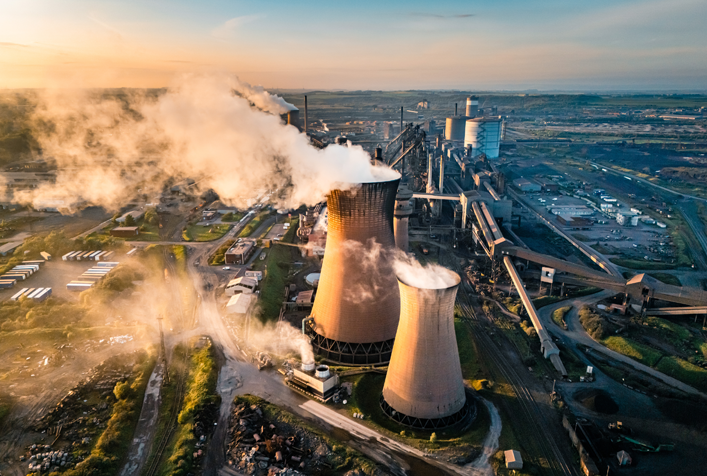
Waste Management Permitting Technical Support
U.S. Environmental Protection Agency
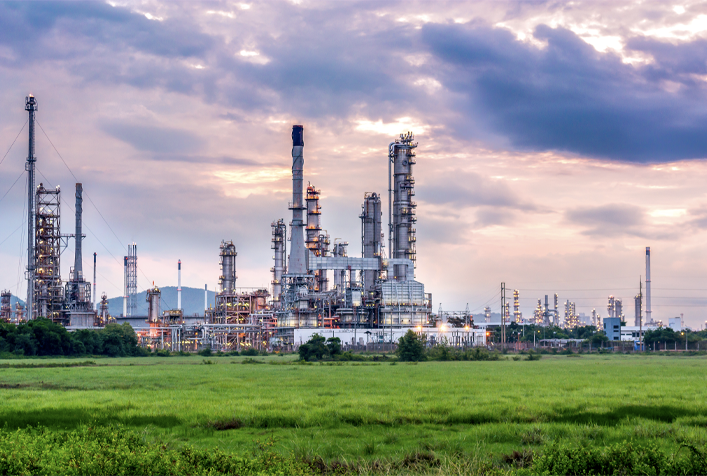
Enhancing Compliance with RCRA Air Emission Standards at Hazardous Waste Facilities
U.S. Environmental Protection Agency
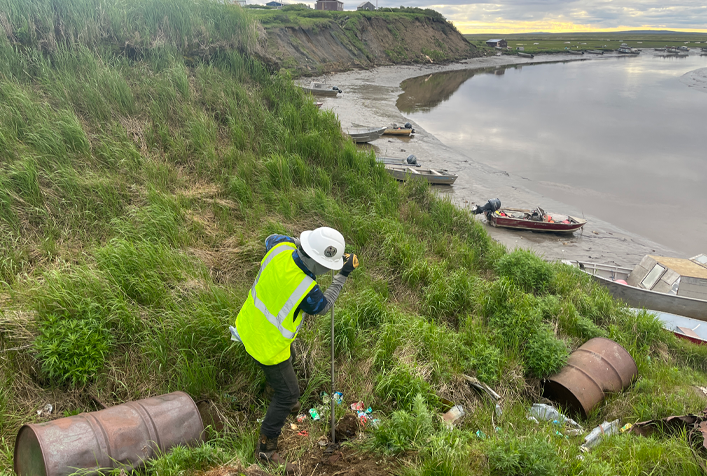
Targeted Brownfields Assessment Support
U.S. Environmental Protection Agency
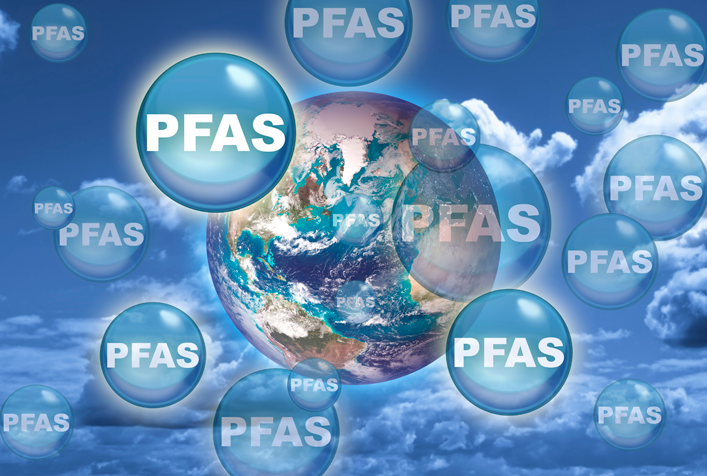
Compliance and Regulatory Support for PFAS Contamination in New Mexico
New Mexico Environment Department
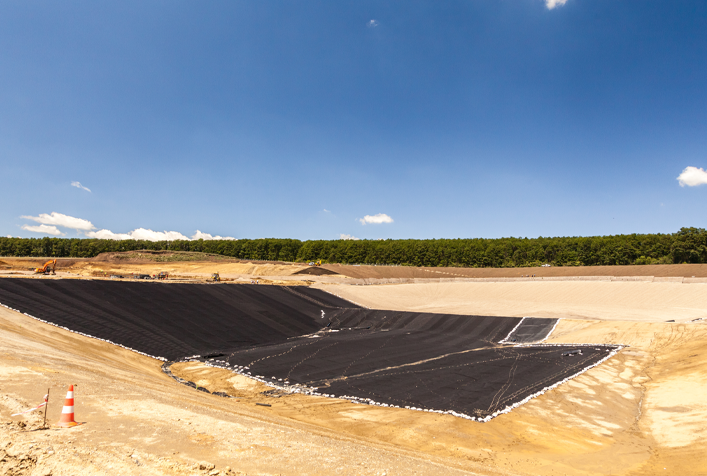
PFAS Destruction and Disposal Guidance
U.S. Environmental Protection Agency
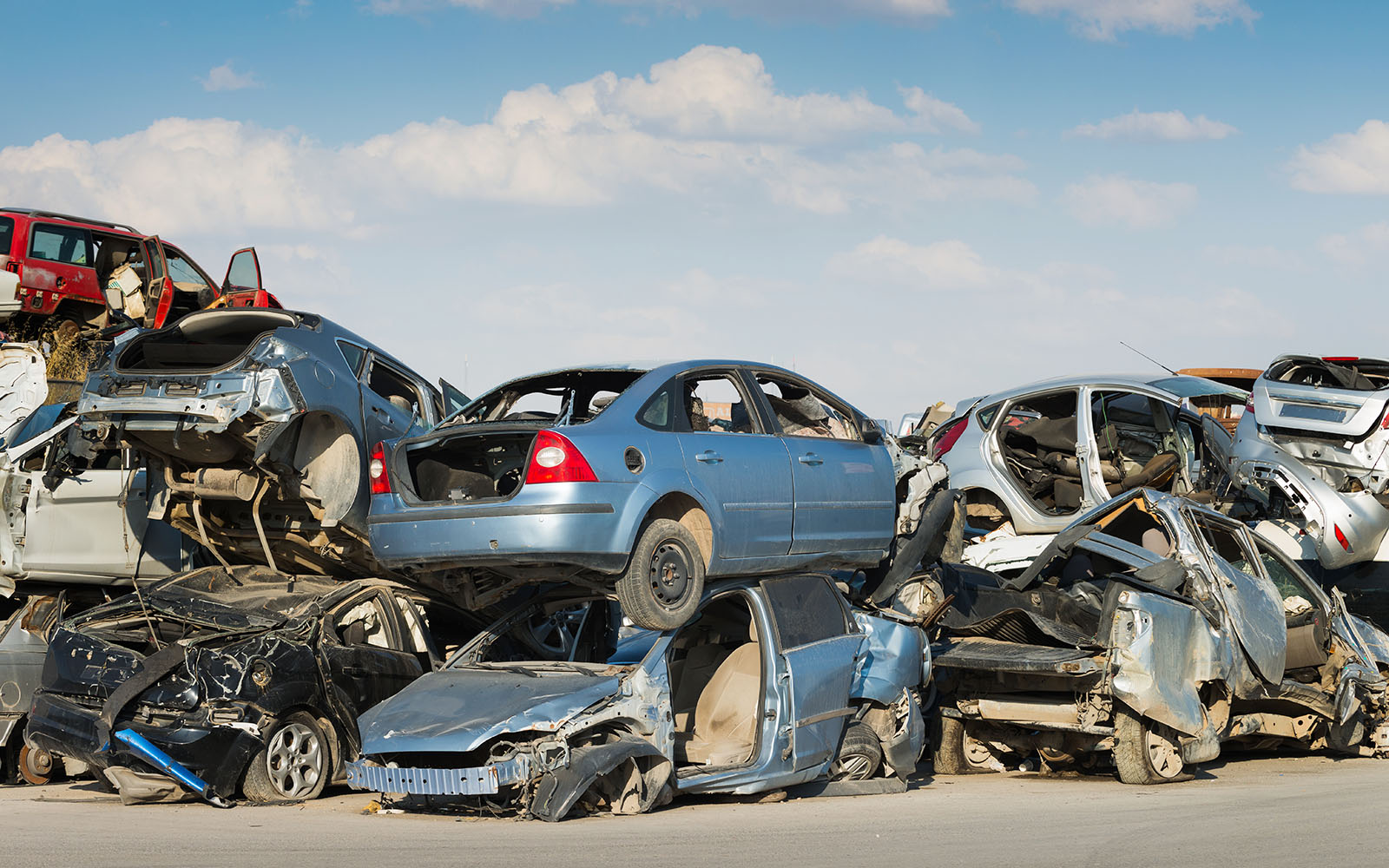
Helping Border Communities Manage Scrap Vehicles
U.S. Environmental Protection Agency

Managing the Risks Posed by Contaminants of Concern Associated with Hazardous Waste Management
U.S. Environmental Protection Agency
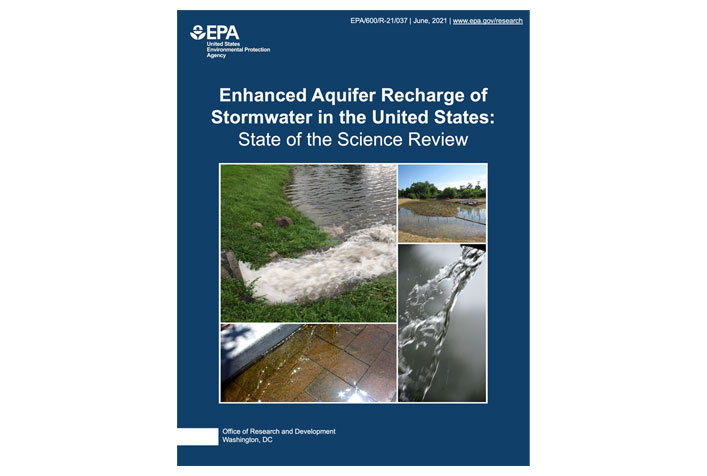
Enhanced Aquifer Recharge of Stormwater: State of the Science Review
U.S. Environmental Protection Agency
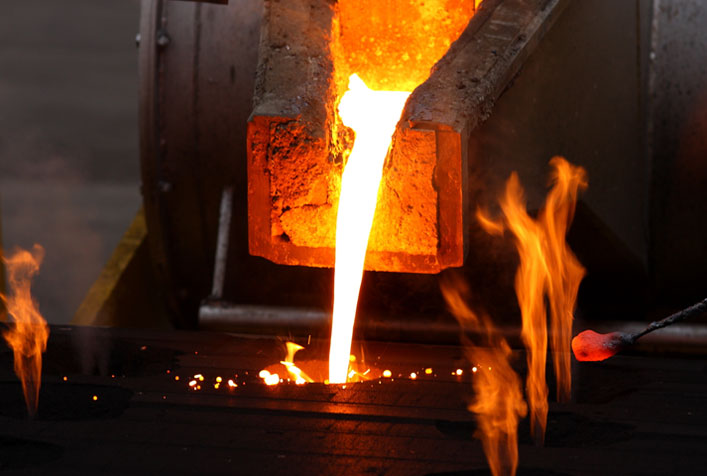
Groundwater Contamination at Smelter Sites
U.S. Environmental Protection Agency
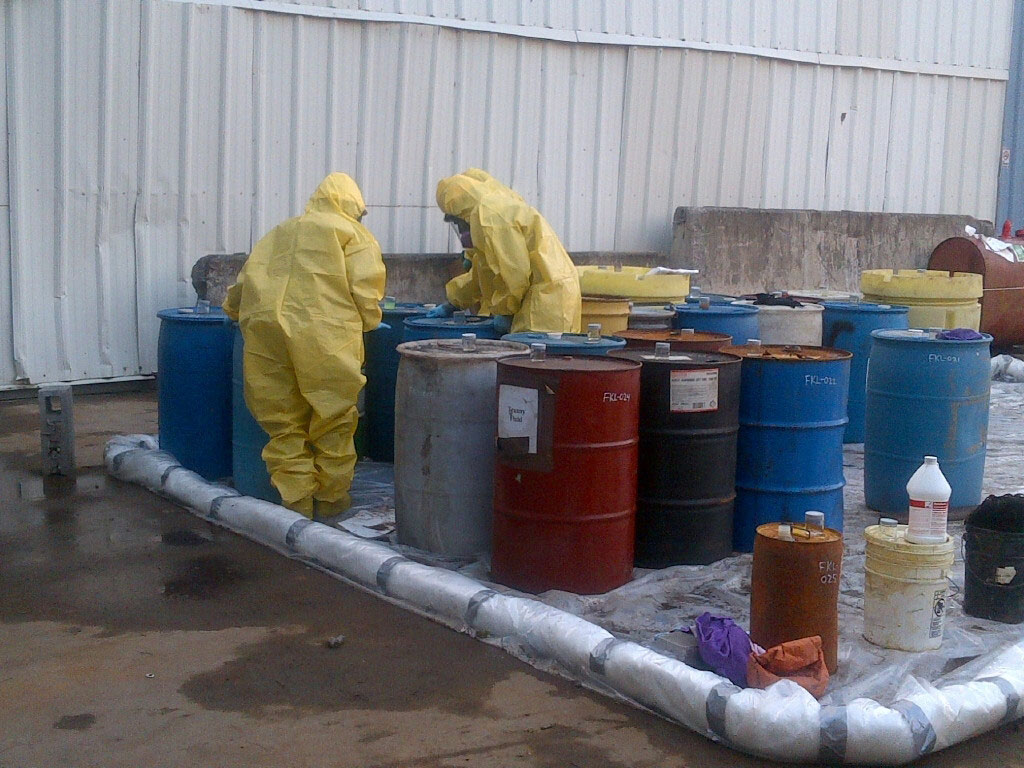
Site-Specific Technical Support for Addressing Groundwater Contamination
U.S. Environmental Protection Agency
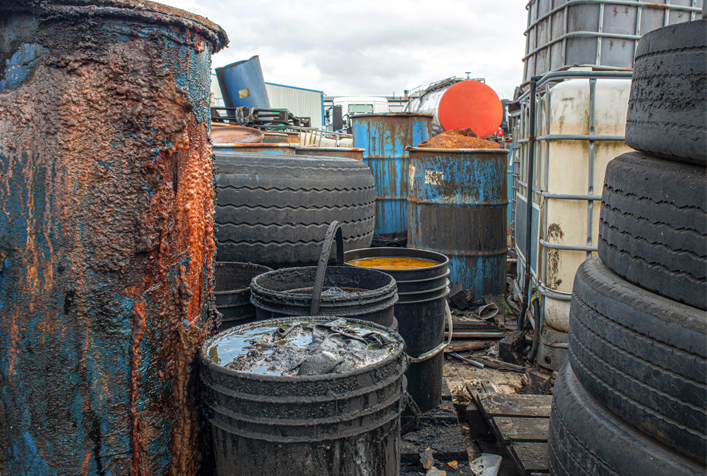
Ensuring RCRA Compliance at Industrial and Disposal Facilities
U.S. Environmental Protection Agency
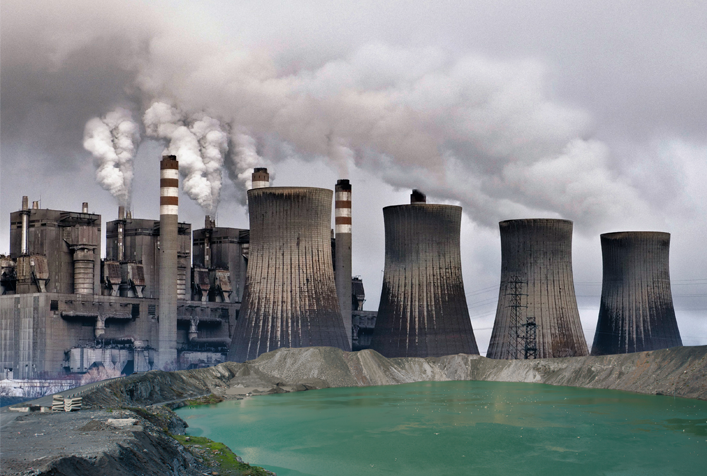
Data Analyses and Inspections of Coal Combustion Residual Facilities
U.S. Environmental Protection Agency
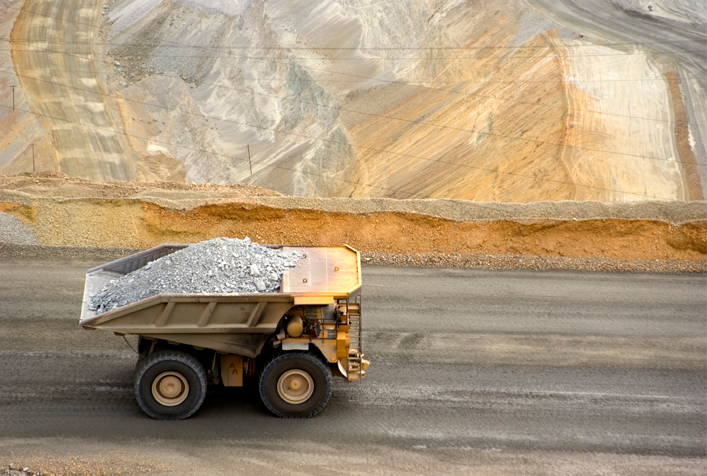
Support for Addressing Environmental Impacts of Mining and Mineral Processing Facilities
U.S. Environmental Protection Agency
Service Area Leads

Solving today’s complex environmental challenges is a daunting task. It requires the delicate balancing of many competing factors, from cost and convenience to public health protection and resource allocation. At ERG, I am fortunate to be able to work on projects that get to the core of this balance, surrounded by clients and colleagues who are equally passionate about finding mindful, objective solutions for our complex world.

I find it motivating to be working at a time of both genuine need for better understanding human impacts on the environment and the emergence of tools and technologies that allow us to process data and understand the world like never before. I’m always excited to learn new skills and better ways to address complex problems.

I feel fortunate to work with so many dedicated researchers at EPA and other agencies on remediating contaminated water sources, increasing community resilience, and developing decision-support tools. While my particular expertise is groundwater, I’ve had the opportunity to lead projects in urban planning, coral reefs, emergency response, stormwater, modeling, and more. Multi-disciplinary approaches are helpful for tackling all these issues, and I’m always learning.

Environmental science—especially figuring out how and where chemicals move through the environment—is continually challenging and endlessly fascinating. It’s extremely rewarding to know that our work helps protect human health and make sites safer for future generations.

My work to provide scientific and policy expertise to water quality managers throughout the United States has deepened my appreciation of our shared environmental resources and the people who work to preserve them. I feel very fortunate every day to work with so many great and knowledgeable colleagues and clients.
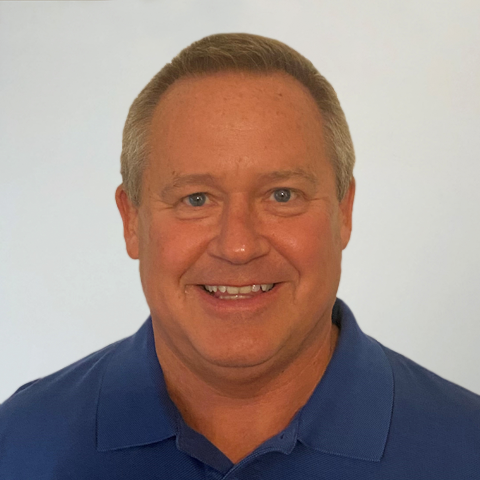
As a health and safety professional, I see my role as a facilitator, working to ensure that each client and colleague stays safe and healthy while accomplishing their work. I also truly believe that safety is a state of mind, and my goal is to have each person bring an awareness of safety wherever they are and to everything they do.

Until recently, we have too often taken an “out-of-sight, out-of-mind” approach to waste disposal and overlooked the connection between surface and ground water, leading to contamination and depletion of both. We have to climb out of this history of environmental exploitation to a path of sustainability. I enjoy all my work to help get us there, including groundwater remediation, reducing sanitary sewer overflows, ensuring proper operation of injection wells, aquifer storage and recovery systems, and design of new water production wells.

Staring out of an airplane window not long after my first geology course, I was amazed at how the landscape features jumped out at me. I saw clearly how river flow, sediment, and time had interacted. That wonder is still with me as I apply what I know about geology and geochemistry to protect our nation’s groundwater, drinking water, and infrastructure. My work is diverse, and I like it that way because it allows me to bring a deep understanding of the earth and environmental sciences to a wide array of subsurface and surface environmental problems.
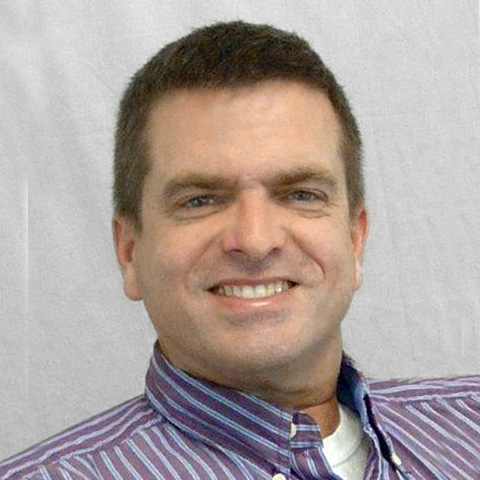
I find that field work is the best way to understand compliance issues. By seeing process operations firsthand, we can help EPA get to the root of issues and support the agency in determining the best ways to minimize waste generation and disposal across industrial sectors.